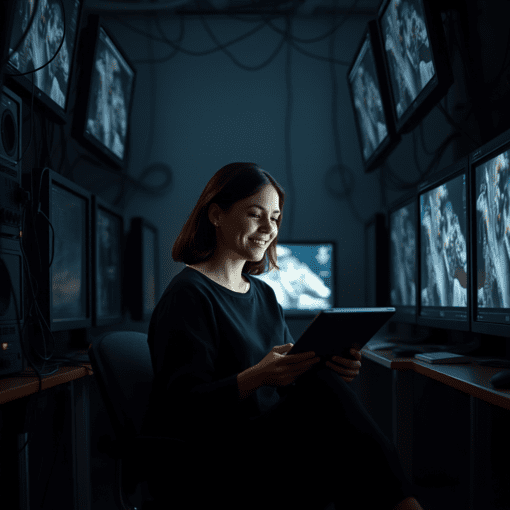In the duel between AI and human creativity, both shine in their own ways. AI delivers precision and speed, while human artistry brings emotional depth and intent. The future of creativity lies in collaboration, where AI enhances human imagination rather than replacing it.
The Human Archive
20 posts
Can you trust what you see and read in the age of AI? These 5 critical questions—like “Who created this?” and “Is it too perfect?”—help you think smarter about AI-generated content, ensuring you stay sharp, informed, and one step ahead of the machine.

